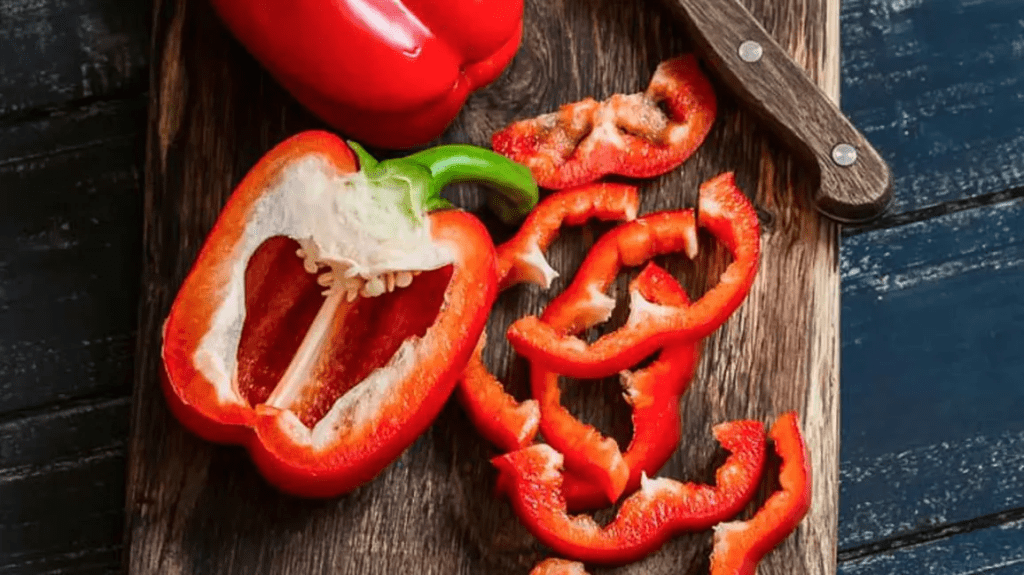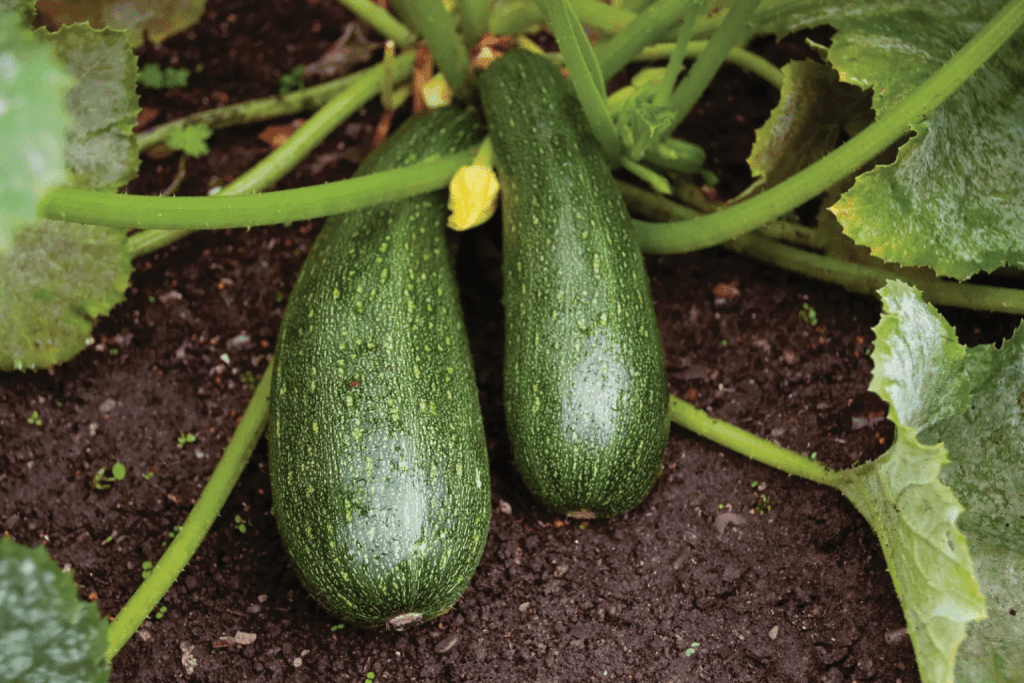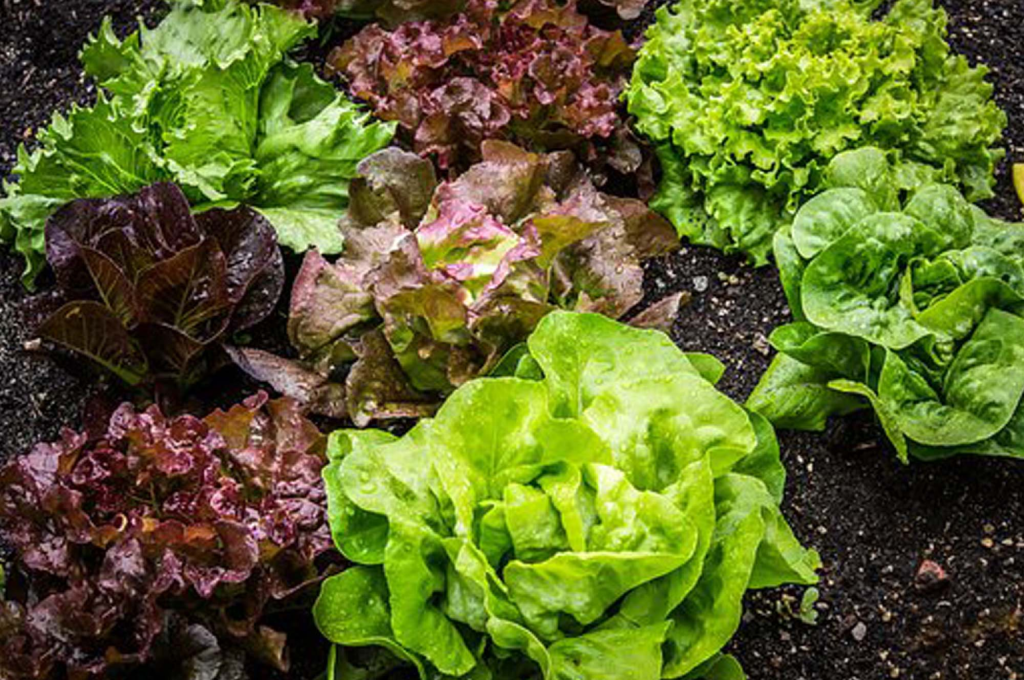In a world where portion control and calorie counting dominate, the idea of foods you can enjoy without restriction is refreshing. These foods are not only low in calories but also packed with nutrients that support your health. They’re typically high in fiber and water content, which helps you feel full while providing essential vitamins and minerals. Incorporating these foods into your diet allows you to eat to your heart’s content without the fear of overindulgence. Let’s explore twelve foods that you can eat whenever you want, guilt-free!

The Importance of Nutrient-Dense, Low-Calorie Foods
Nutrient-dense foods are essential for good health. They provide the vitamins, minerals, and fiber your body needs, without the extra calories. By focusing on these foods, you can support a healthy immune system, maintain a balanced weight, and prevent overeating. These foods also help curb cravings, giving you the freedom to eat more of what’s good for you while keeping your calorie intake in check.
1. Leafy Greens: The Ultimate Superfoods
Leafy greens like spinach, kale, and Swiss chard are nutritional powerhouses. They’re incredibly low in calories but packed with vitamins A, C, and K, as well as minerals like iron and calcium. These greens also contain fiber, which promotes satiety and aids digestion. You can enjoy leafy greens in salads, add them to smoothies, or cook them in a variety of dishes without worrying about calorie overload.
2. Cucumbers: Hydrating and Refreshing
Cucumbers are composed mainly of water, making them perfect for unlimited snacking. Not only are they low in calories, but they’re also high in vitamin K and antioxidants. Their mild flavor and satisfying crunch make them versatile additions to salads, sandwiches, and even as snacks on their own. With cucumbers, you can stay hydrated and satiated without the calories.
3. Celery: The Low-Calorie Snacker’s Best Friend
Celery is another food you can enjoy in abundance. It’s mostly water but contains a modest amount of fiber and essential nutrients like vitamin K. Known for its hydrating properties, celery also acts as a natural diuretic, supporting kidney health. Eat it raw with a healthy dip, add it to smoothies, or use it as a base for soups to add flavor and nutrition without the calories.
4. Berries: Nature’s Candy, Packed with Antioxidants
Berries like strawberries, blueberries, and raspberries are low in calories but high in fiber and antioxidants. These little fruits are excellent for snacking, adding to yogurt, or blending into smoothies. Berries offer a burst of natural sweetness without added sugar and provide vitamin C, which supports immune health. Their vibrant colors and sweet flavors make them a delightful way to indulge while keeping your diet healthy.
5. Apples: Sweet, Crunchy, and Satisfying
While apples have slightly more calories than most vegetables, they’re still a fantastic choice for guilt-free eating. Apples are high in fiber, particularly pectin, which aids in digestion and helps you feel full longer. They’re also loaded with antioxidants and vitamin C. Eat them on their own, pair them with nut butter for a protein boost, or bake them with cinnamon for a healthy dessert.
6. Tomatoes: A Versatile and Nutritious Addition
Tomatoes are low in calories and high in vitamins A and C, potassium, and the antioxidant lycopene, which has been linked to heart health. You can enjoy tomatoes in salads, cook them into sauces, or roast them for a delicious side dish. Their savory taste and vibrant color add a nutritional boost to any meal, all while keeping calories low.
7. Bell Peppers: Crunchy, Colorful, and Full of Vitamin C

Bell peppers, whether red, yellow, orange, or green, are low in calories and incredibly high in vitamins, especially vitamin C. They make for a crunchy, refreshing snack and can be enjoyed raw, roasted, or stuffed. Their natural sweetness makes them perfect for eating raw as a snack or adding to salads and stir-fries. With bell peppers, you get all the benefits of a satisfying snack without the calorie count.
8. Broccoli: Fiber-Rich and Satiating
Broccoli is another veggie that’s great for eating in large quantities. It’s rich in vitamins C and K, folate, and fiber, which helps you feel full and supports digestive health. Broccoli also contains several phytonutrients with health-promoting properties. Enjoy it steamed, roasted, or even raw in salads. Its versatility and nutrient content make it a go-to for any meal.
9. Zucchini: A Low-Calorie Culinary Staple

Zucchini is hydrating, low in calories, and full of nutrients like vitamin C, vitamin A, and manganese. With its high water content, zucchini can be spiralized into noodles, baked, or roasted. It’s a fantastic way to add bulk to your meals without adding calories, allowing you to enjoy satisfying dishes while sticking to your healthy eating goals.
10. Mushrooms: Flavorful and Low in Calories

Mushrooms are not only low in calories but also provide a range of essential nutrients, including B vitamins, vitamin D, and selenium. Their umami flavor makes them a satisfying addition to any meal, and they’re versatile enough to be grilled, sautéed, or added to soups and stews. Mushrooms offer a meaty texture and taste that can make any dish more filling and nutritious.
11. Sea Vegetables: Nutrient-Rich and Calorie-Light
Sea vegetables, such as seaweed and kelp, are low in calories and rich in minerals like iodine, which supports thyroid function, as well as calcium and magnesium. These veggies offer a unique umami flavor and can be added to salads, soups, or eaten as snacks. Sea vegetables are a great way to add variety to your meals and gain the benefits of nutrients not commonly found in other foods.
12. Lettuce: A Classic Low-Calorie Staple

Lettuce, while not as nutrient-dense as other leafy greens, still provides essential vitamins A and K along with a high water content. It makes a great base for salads, wraps, or sandwiches. With its refreshing crunch and low-calorie count, you can eat lettuce in abundance, adding volume to your meals and helping you feel full without overdoing your calorie intake.
Conclusion: Eat Freely with These Nutrient-Dense Foods
Incorporating these twelve nutrient-dense, low-calorie foods into your daily diet can help you enjoy eating without the worry of overindulgence. They provide the essential vitamins, minerals, and fiber your body needs while keeping calories low. By focusing on these foods, you can create satisfying, flavorful meals that support your health and keep you energized throughout the day. Enjoy these foods in large quantities, knowing that you’re nourishing your body with every bite.


